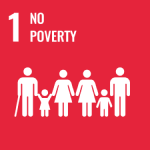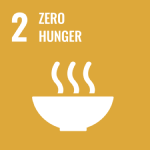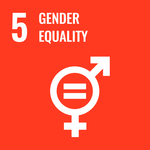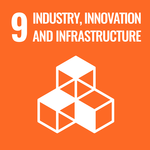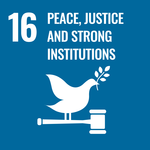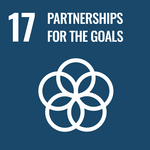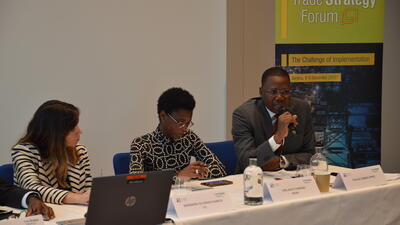Export strategy design and management
Overview
Summary
The core business of the Trade Development Strategies Programme is to lead and support the design and implementation management of national, sectoral, regional or functional (cross-sector topics) trade strategies, facilitated through public-private sector dialogue. This process mainstreams trade into national development plans, and addresses poverty-reduction, gender equity, youth, employment, the environment and regional integration. Trade strategies serve both as effective policy instruments and as action-oriented roadmaps, designed to boost export performance, stimulate growth and achieve development impact.
This project supports the Trade Development Strategies Programme at ITC, now in its 16th year, by enabling innovation and refinement of methodologies used in the design and implementation strategy solutions. It builds awareness among stakeholders on trade support needs and highlights potential opportunities. It enables Global Public Goods such as Trade Strategy Map as well as communications and outreach throughout the year.
As such, this project enables the Trade Development Strategy Programme in a number of ways:
1. It is the principal source of funding for innovation, tools development and refinement, providing new solutions to country partners.
2. It allows the conduct of business development activities, generating funding for the delivery of technical assistance.
3. It makes possible the development and maintenance of global public goods such as Trade Strategy Map, keeping ITC at the forefront of trade strategy solutions.
4. It supports the delivery of specific country initiatives, technical assistance, often supplementing country-funded initiatives and/or responding to acute country demands.
In 2021, this project will continue to build on successes during the past 17 years, and lay the foundation for future growth and innovation:
- Piloting the trade information and trade facilitation functional strategies in NES initiatives;
- Finalising the TVET functional strategy methodology;
- Consolidating the SIMT for better reporting and impact measurement;
- Developing a version of the SIMT for internal use for better project monitoring and management;
- Upgrading and updating the Green Strategy (environmental sustainability) methodology;
- Revising and updating selected communications materials;
- Supporting business development activities.
- Supporting the piloting of the first ever comprehensive National Tourism Export Strategy in Curaçao (if project is confirmed).





